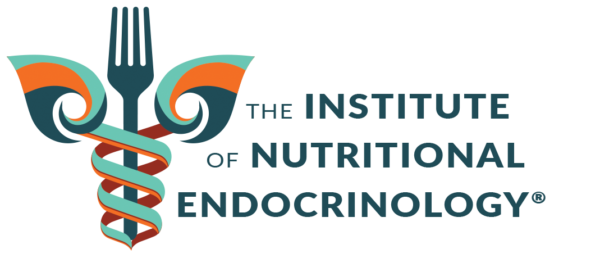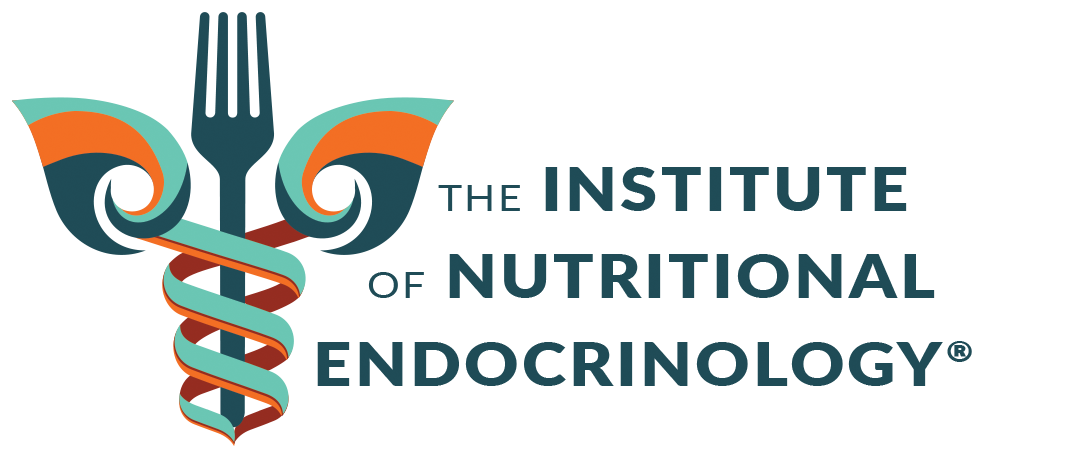Sleep Deprivation and Insulin Sensitivity – December 13th, 2015
Nutritional Endocrinology Practitioner Training (NEPT)
Clinical Pearl
December 13th, 2015
Sleep Deprivation and Insulin Sensitivity
There are numerous studies reporting the effect of sleep deprivation on insulin sensitivity.
This one does a great job of explaining the mechanisms.
A single night of partial sleep deprivation induces insulin resistance in multiple metabolic pathways in healthy subjects.
J Clin Endocrinol Metab. 2010 Jun;95(6):2963-8. doi: 10.1210/jc.2009-2430. Epub 2010 Apr 6.
BACKGROUND: Subsequent nights with partial sleep restriction result in impaired glucose tolerance, but the effects on insulin sensitivity have not been characterized.
OBJECTIVE: The aim of this study was to evaluate the effect of a single night of partial sleep restriction on parameters of insulin sensitivity.
RESEARCH DESIGN AND METHODS: Nine healthy subjects (five men, four women) were studied once after a night of normal sleep duration (sleep allowed from 2300 to 0730 h), and once after a night of 4 h of sleep (sleep allowed from 0100 to 0500 h). Sleep characteristics were assessed by polysomnography. Insulin sensitivity was measured by hyperinsulinemic euglycemic clamp studies (from 1130 to 1430 h) with infusion of [6,6-(2)H(2)]glucose.
RESULTS: Sleep duration was shorter in the night with sleep restriction than in the unrestricted night (226 +/- 11 vs. 454 +/- 9 min; P< 0.0001). Sleep restriction did not affect basal levels of glucose, nonesterified fatty acids, insulin, or endogenous glucose production. Sleep restriction resulted in increased endogenous glucose production during the hyperinsulinemic clamp study compared to the unrestricted night (4.4 +/- 0.3 vs. 3.6 +/- 0.2 micromol x kg lean body mass(-1) x min(-1); P = 0.017), indicating hepatic insulin resistance. In addition, sleep restriction decreased the glucose disposal rate during the clamp (32.5 +/- 3.6 vs. 40.7 +/- 5.1 micromol x kg lean body mass(-1) x min(-1); P = 0009), reflecting decreased peripheral insulin sensitivity. Accordingly, sleep restriction decreased the rate of glucose infusion by approximately 25% (P = 0.001). Sleep restriction increased plasma nonesterified fatty acid levels during the clamp study (68 +/- 5 vs. 57 +/- 4 micromol/liter; P = 0.005).
CONCLUSIONS: Partial sleep deprivation during only a single night induces insulin resistance in multiple metabolic pathways in healthy subjects. This physiological observation may be of relevance for variations in glucoregulation in patients with type 1 and type 2 diabetes.
http://www.ncbi.nlm.nih.gov/pubmed/20371664
If you haven’t yet taken a client through B4 Be Gone, now would be a good time. In a couple of days, we will announce a reduced support version of the program that is the perfect opportunity for you to guide them through and apply for your certification as a blood sugar coach.

